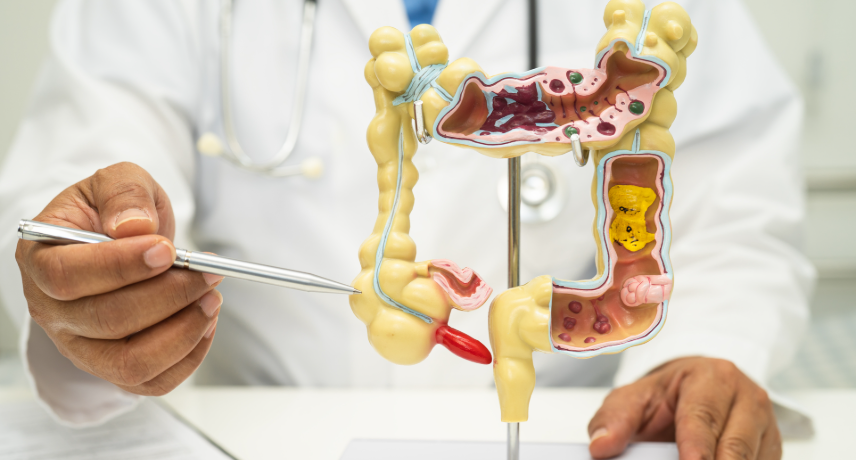The relationship between the liver and the digestive system is more interconnected than many realize. This connection, known as the gut-liver axis, plays a critical role in maintaining overall health. Understanding how the gut and liver interact can help in managing digestive health and preventing liver diseases. Here, we share some useful insights into the gut-liver axis.
What is the gut-liver axis?
The gut-liver axis refers to the complex, two-way communication between the digestive system and the liver. This connection is facilitated by the portal vein, which carries blood from the intestines directly to the liver. Through this pathway, the liver receives nutrients, toxins, and microbial byproducts from the digestive tract, making it a central player in both metabolism and immune regulation.
How does the gut-liver axis work?
The gut and liver work together in several key ways:
- Nutrient Processing and Detoxification : After digestion, nutrients from food are absorbed in the intestines and transported to the liver via the portal vein. The liver processes these nutrients, storing some and converting others into forms that can be used by the body. Additionally, the liver detoxifies harmful substances absorbed from the gut, such as alcohol, drugs, and bacterial toxins, before they can enter the general bloodstream.
- Immune Function : The gut houses a large portion of the body's immune system, constantly monitoring for harmful bacteria and toxins. The liver works closely with the gut to respond to these threats by filtering blood, producing immune factors, and removing bacteria and toxins. A healthy balance of gut bacteria supports liver health, while an imbalance can lead to inflammation and liver disease.
- Bile Production and Digestion : The liver produces bile, a digestive fluid that is stored in the gallbladder and released into the small intestine to help digest fats. Bile also aids in the elimination of waste products from the liver. The gut-liver axis ensures that bile is produced and released in response to food intake, promoting efficient digestion and nutrient absorption.
The Impact of Gut Health on Liver Function
Gut health has a significant influence on liver function. Here are some ways the gut can affect the liver:
- Microbiota and Inflammation : A healthy gut microbiota supports the liver by producing short-chain fatty acids and other beneficial compounds that reduce inflammation. However, an imbalance in gut bacteria can lead to the production of harmful substances, triggering inflammation in the liver. Chronic liver inflammation can contribute to conditions such as fatty liver disease, cirrhosis, and even liver cancer.
- Intestinal Permeability (Leaky Gut) : The gut lining acts as a barrier, preventing harmful substances from entering the bloodstream. When this barrier is compromised - a condition known as "leaky gut" - toxins and bacteria can pass into the bloodstream and reach the liver. This can overwhelm the liver's detoxification processes and contribute to liver damage.
Take care of your digestive health. Explore our expert gastroenterology specialists
Explore our gastroenterology department. Our highly skilled gastroenterology specialists are dedicated to helping you maintain a healthy digestive system and prevent liver diseases. Understanding the critical connection between the gut and liver, known as the gut-liver axis, can play a vital role in managing overall health. Whether you're struggling with digestive issues or experiencing liver function issues, our specialists provide comprehensive care tailored to your needs.
Do you experience bloating, discomfort, or frequent gas? Our specialists for gas in the stomach offer expert diagnosis and treatments to address these symptoms, ensuring your digestive system functions smoothly. By understanding the impact of gut health on liver function, we help prevent conditions such as fatty liver disease, cirrhosis, and other serious liver issues.
